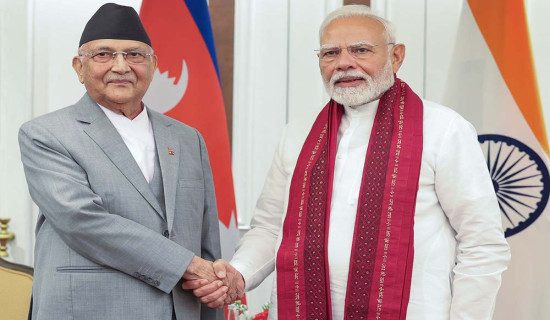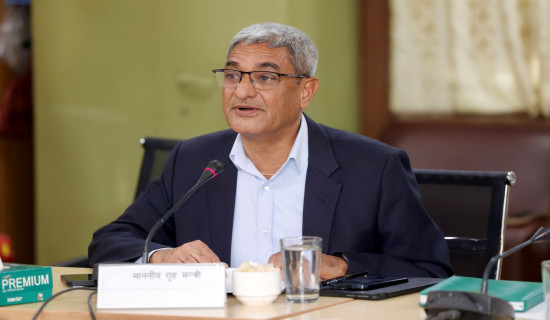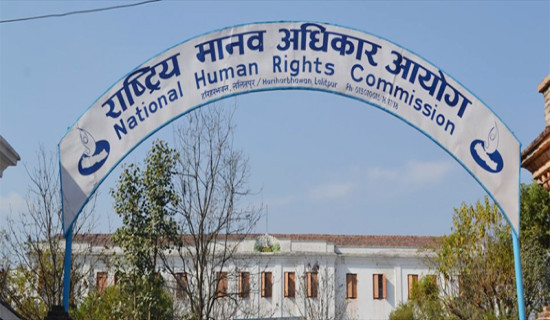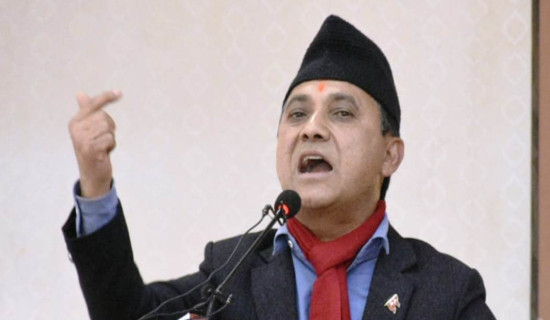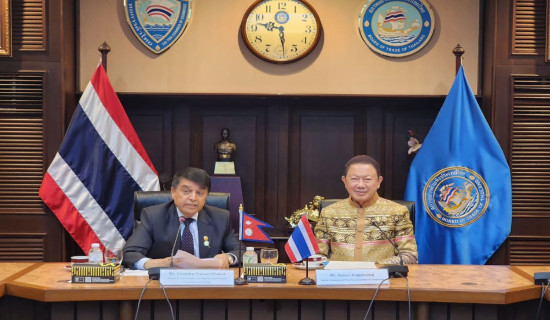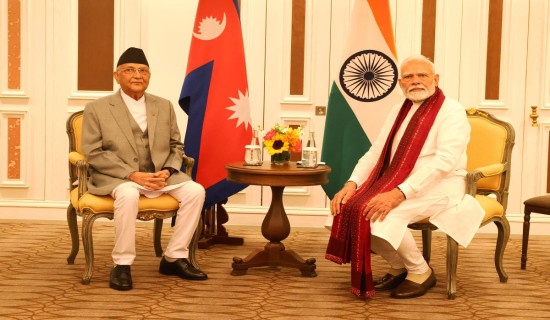- Saturday, 5 April 2025
'Women and Media', a pressing call for prioritising voices of women
By Pabitra Guragain, Kathmandu, April 4: "Women journalists have made epochal contribution to their profession. However, women working journalists and their issues continue to be sidelined from the mainstream, " said participants of a programme held on Friday to assess Nepali journalism through a gender perspective.
The initiative was taken by the Ministry of Communications and Information Technology and coordinated by the Sancharika Samuha Nepal (SSN), a forum of women journalists and communicators.
During the programme, participants shared their professional experiences, discussed the challenges they encounter with for balancing work and home, and highlighted the gender-based discrimination which hinders their professional growth.
The participants also listened to their colleagues' perspectives and urged the authorities to take responsibility for increasing both the quantity and quality of women journalists in the field.
Senior journalist Arati Chataut, who joined the group as a thematic expert, viewed two main points – the portrayal of women in media and the underrepresentation of women in policy and decision-making levels mattered while talking about women's status in media.
Referring to the 'Women and Media', identified as one of the 12 key areas of concerns by the Beijing Declaration and Platform for Action (BPfA) 1995, she stressed the urgency of additional interventions to further make media inclusive given that pursuing a career in journalism is still considered going against the societal expectations for women.
The participants realised the need for special measures to support women journalists while simultaneously striving for gender mainstreaming in the media.
They pointed out significant gender gaps in terms of women’s meaningful and fair representation in the media. The participants also called for more emphasis on social issues and women’s concerns in media coverage, which currently tends to prioritize political agendas.
"Women are tactfully sidelined when they are critical of the leadership whether that be in media or in politics. The leaderships prefer women voices that are submissive to them," the women journalists voiced.
The group urged stakeholders to invest in promoting inclusion in newsrooms and media content, incorporating Gender Equality and Social Inclusion Policy (GESI).
"This is warranted for the implementation of the Constitution," they reminded the authorities concerned. "Deliver on your promises and go through policy reforms to promote women in media from each aspect."
Former Chair of Federation of Nepali Journalists (FNJ) Dharmendra Jha recalled the FNJ Nepalgunj AGM that was held in 2066 BS, deciding to implement the policy of positive discriminations regarding the eligibility of FNJ membership for women, dalits, indigenous and Madhesi journalists.
Also the Executive Chair of Rastriya Samachar Samiti (RSS), he added that the particular 'policy departure' has arguably helped for building leadership of the target groups, leaving a long impact on the scenario of Nepali media.
Calling for minimising the policy gap regarding opportunities for women, he said women deserve more than 33 percent in each state apparatus as per the principle of proportional representation.
FNJ Acting Chair Deepak Acharya said the FNJ believes in empowerment of women journalists for social transformation and implementation of GESI Policy was its both strategy and policy.
"We are equally capable," said FNJ immediate Acting Chair Bala Adhikari from the podium. According to her, the latest development suggested the need for capacitating journalists on safety tools and de-risking mechanism.
She wanted the Sancharika to voice for institionalising the women leadership.
Despite a long advocacy and fight for the cause of women journalists, their situation remains largely unchanged, SSN President Bimala Tumkhewa argued. "Now time demands us to see our presence not just in numbers, but at the decision-making level," she said, adding that double/triple burdens imposed on women journalists and their socio-economic and cultural grounds have forced them to fight additionally to get established in the media.
Senior administrative officer from Press Council Nepal, Deepak Khanal delivered a presentation and shared that essence of journalist is under question as just imparting information instead of propelling real practice of journalism has remained dominant while imitation of a same style, superficial reporting and copy and paste issues have seen as 'media trends' lately.
He urged women journalists to break these 'practices' and contribute to the enrichment of professional journalism
Information Officer at the Ministry and under-secretary Mamata Bastola shared with the gathering that the objective of this national level event was to implement the Ministry's policy for gender equality and women's empowerment within media and media content.
Ministry Spokesperson joint-secretary Gajendra Kumar Thakur viewed that gender responsive communications and investigative journalism are among the contemporary concerns identified by the Ministry, he said gender discriminations prevail in the society.
He hoped that the event would inspire the participants to be more proactive for investigative journalism.
Secretary at the Ministry of Communications and Information Technology, Radhika Aryal, paid tributes to the late journalist Suresh Rajak who died in course of the March 28 violent demonstrations in Tinkune of Kathmandu, extending heartfelt condolence to the bereaved families.
Referring to the Convention on the Elimination of All Forms of Discrimination against Women (CEDAW), the first female secretary at the Ministry said any distinction, exclusion or restriction over women on the basis of sex form and institutionalise discrimination against them.
She further noted that the Constitution and the legal frameworks have not discriminated against female journalists, but equality is under question in media owing to the lax of its implementation.
She pressed the need for digging out the causes and addressing them in a simultaneous manner. "We need a meaningful participation of women in media."(RSS)



-original-thumb.jpg)
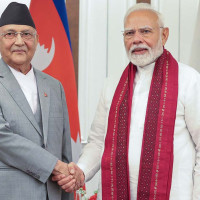
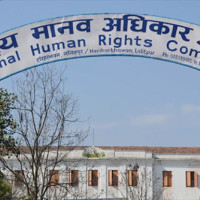
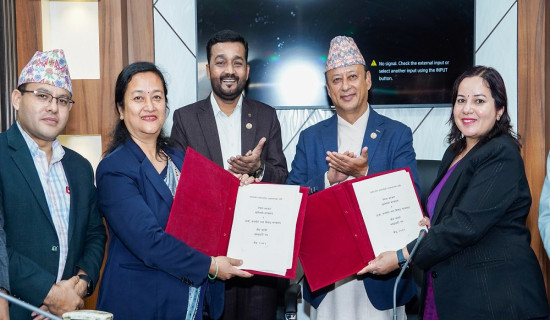
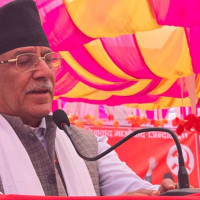
-square-thumb.jpg)

